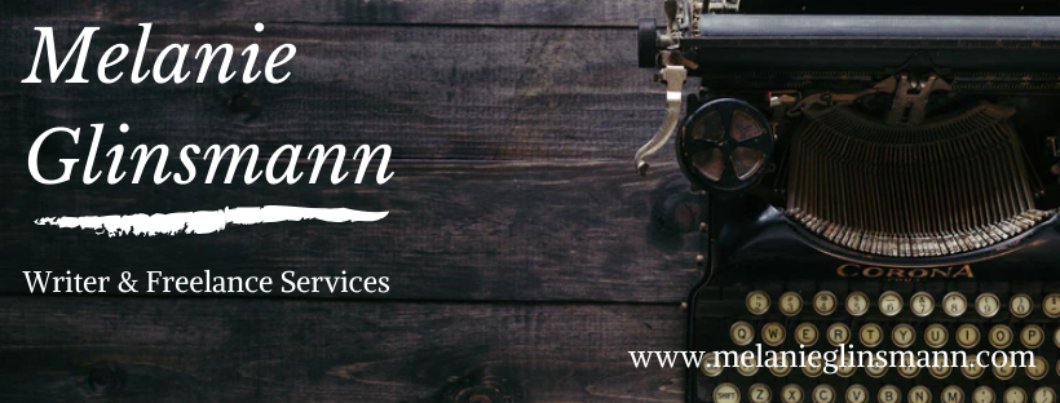
When I was in graduate school working on my master’s degree in English, friends asked me if spending so much time analyzing literature would ruin my ability to read for fun. While I definitely look at reading differently now, I feel that studying literary theory and language actually increased my appreciation for reading. And I believe it also improved my writing.
By studying narrative structure, character development, and language as a reader, I can use that information to my advantage as a writer.
The good news is, though, that you don’t have to have an English degree to be a writer. All you really need is a sense of creativity, the ability to tell a story, and a curiosity about the world.
But experienced writers will tell you that another important way to develop writing skills is actually through reading. This includes reading books in your own niche and/or genre. But you should also read a variety of genres and authors to expand your knowledge of writing techniques.
WHY WRITERS NEED TO BE READERS
There are a number of reasons why writers need to embrace reading. You need to know the competition. You need to see what established authors do to connect with readers. And you need to know current trends in different genres and publishing options.
From a craft standpoint, reading a variety of books helps writers discover strategies for different narrative elements. This includes things like point of view, organizing chapters, writing dialogue, and understanding your audience.

WHY I STARTED A READING JOURNAL
As part of my own reading process, I started a reading journal. Unlike a regular journal where you write down things that happened that day, or share your feelings on a particular subject, a reading journal focuses on a single thing – what books and other written material I’m reading. Makes sense, right?
MY READING JOURNAL
Here’s how I set up my Reading Journal. The great thing about this style of journaling is that it’s easily customized. This is what I’ve found works for me. But you can change things up as you need depending on your writing and reading goals.
- Number the pages and create an index. Numbering the pages and including an index helps me track what I’ve read and makes it easier to go back to look up specific books. While I don’t spend a lot of time on making things pretty, you can certainly include some extra flair if you want to add your own artwork or use colored pencils/markers.
- Write the title and author at the top of the page. This keeps your notes for each book separated. Be sure to write this on the corresponding line in your index.
- Ask some questions before you start. If you’re reading fiction, write down some possible story lines you think would be interesting based on what you already know about the book, or things you hope to learn from the author’s writing style. For non-fiction, write down some questions or ideas you have about the author’s purpose for writing the book.
- Write down quotes/key points. Again, depending on whether the book is fiction or non-fiction, I write down passages that I find to be especially well written, or quotes/key points I believe are important to the author’s argument. Be selective. Don’t write everything you like, just those that truly stand out.
- Summarize what you read. This isn’t a lengthy review. This is simply a few general thoughts on the book: Did I like it? Who else do I know who might like it? What did I learn? Refer back to your original thoughts and questions. Did the author answer them, or do you have new questions? What did you learn about writing technique?


WHY KEEP A READING JOURNAL?
Keeping a reading journal probably isn’t necessary for casual readers, unless you’re really just that gung-ho about your books (which I probably would be even if I wasn’t a writer). However, for writers, keeping track of not only what you read, but also collecting ideas and asking questions about those books, becomes a learning tool.
Keeping a reading journal does take a little extra effort. But the rewards are worth the time. When you take time to ask questions about a book beforehand, you are more engaged with what you read. You have the chance to think about what you want to learn from a book, or to think about possible story elements in your own fiction projects. This helps you learn to connect with potential readers.
And as you read, writing down quotes and key points gives you the equivalent of a researcher’s field notebook. You collect pieces of information that, while you might never use them directly in your work, provide indirect links to the best practices of other writers.
Yes, keeping a reading journal requires a little bit of work. But it’s not something that has to be a long process. A few questions to think about, a few notes as you read. That’s all it takes. From there, you develop critical reading skills that ultimately can be applied to your writing. By learning from other writers through what they have written, your readers will learn from you.
**Not sure what to read? Try a reading challenge. Here are some tips for starting a new reading goal.
Reignite your creativity!

Subscribe to get new content, monthly newsletter, and important updates. You'll also receive a free download - "30 Days of Creative Inspiration."

